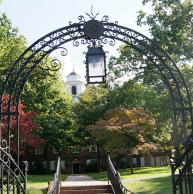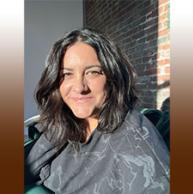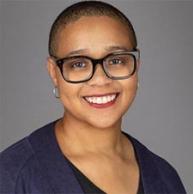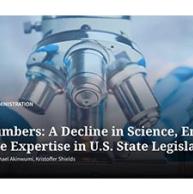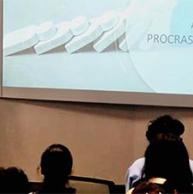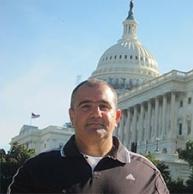Isabella Rose COM, JMS’26 Reflects on Interning at Edelman in New York City
Rose, who first learned about opportunities at Edelman in a SC&I Communication class, landed an internship at the legendary firm during the spring semester of her junior year.


